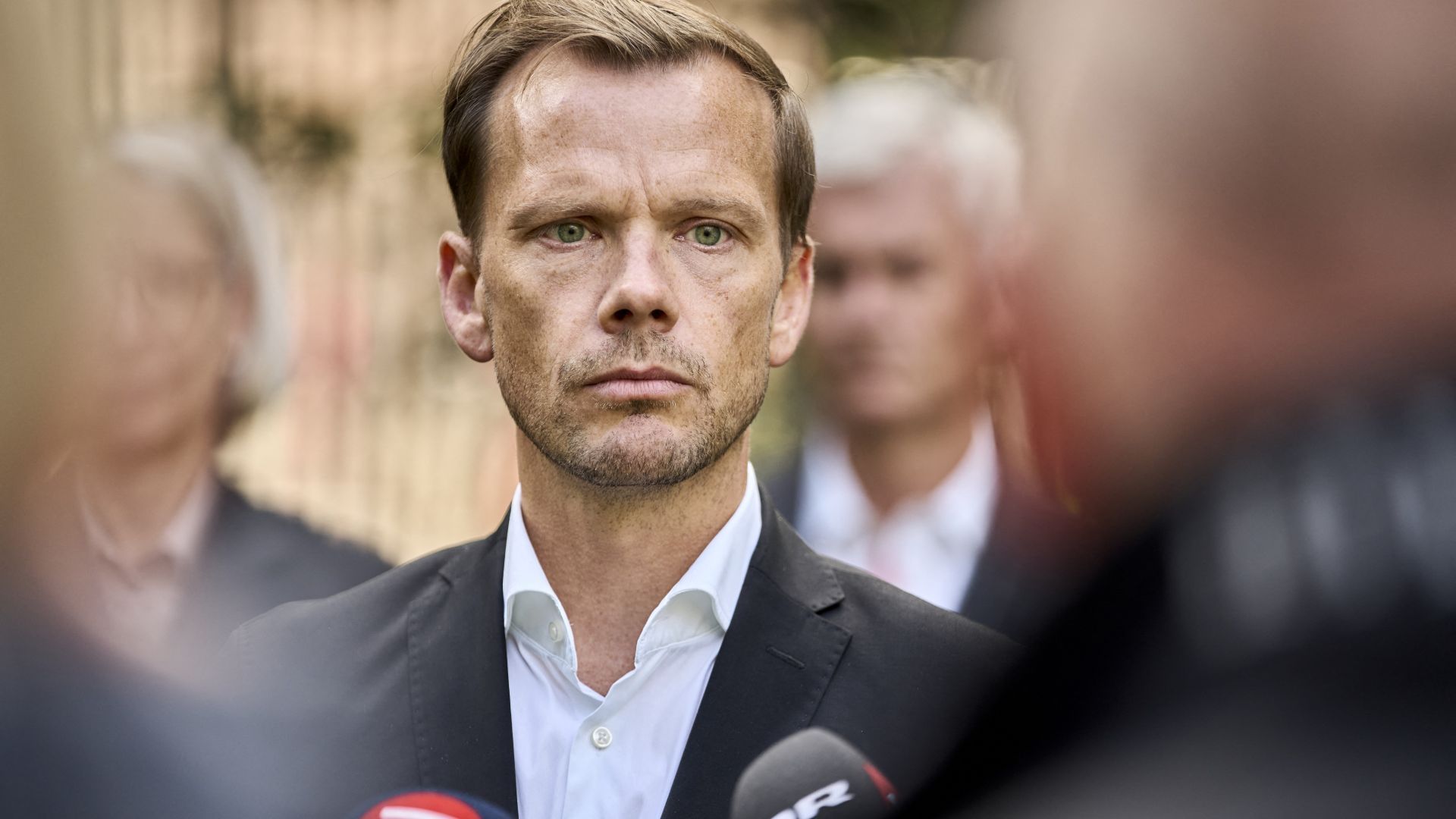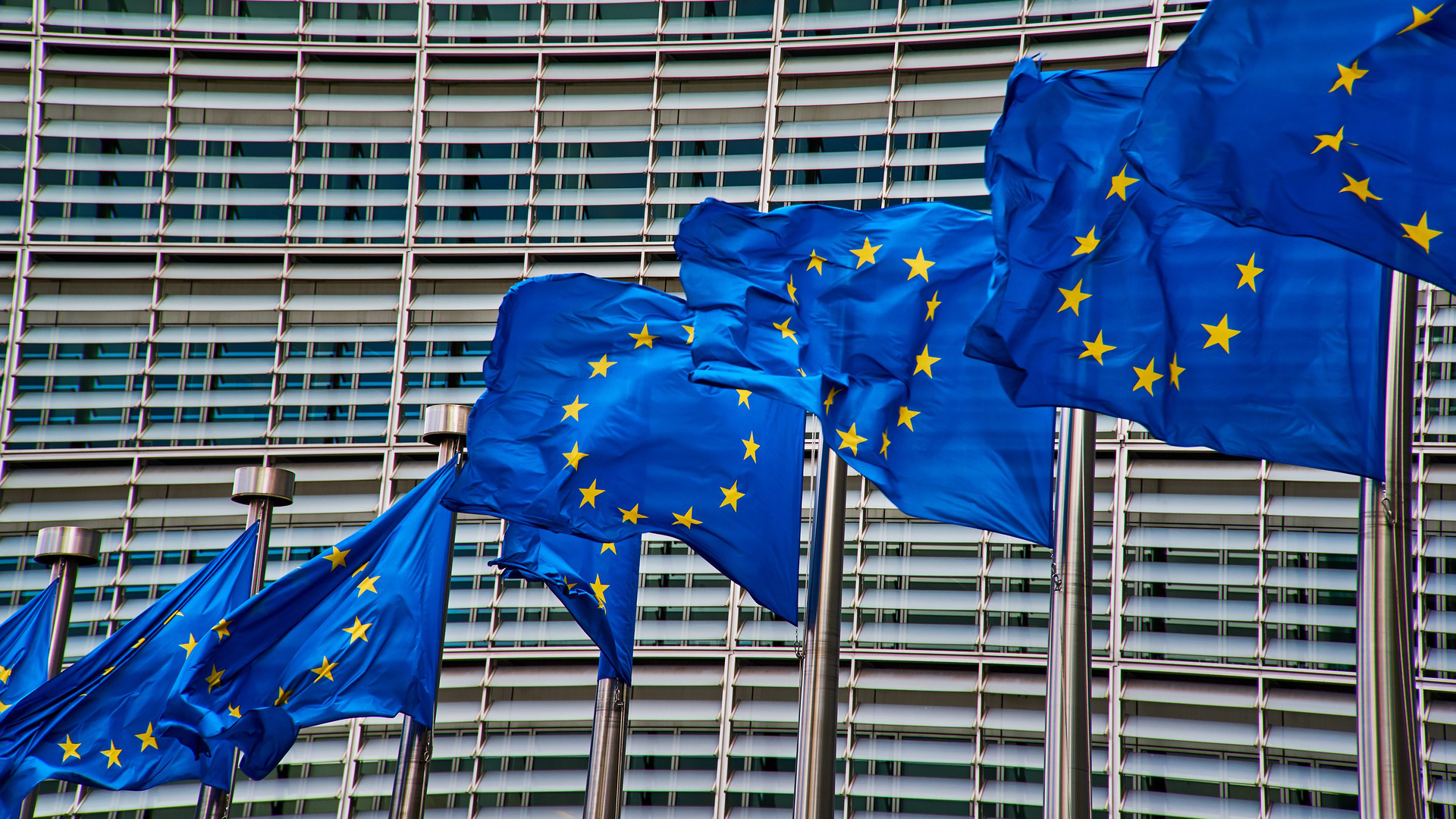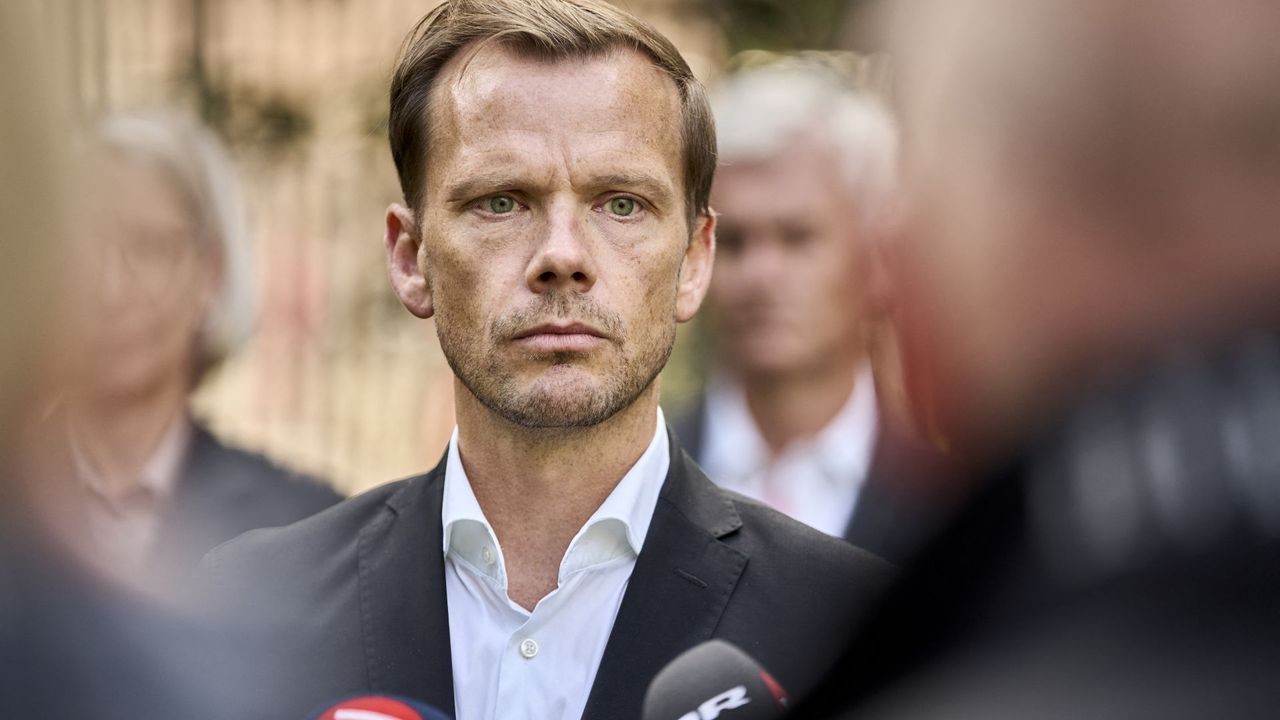Key Points
- EU Council reaches agreement on the Child Sexual Abuse Regulation after years of debate.
- Voluntary scanning of private chats by messaging providers remains in the bill.
- The compromise was introduced by the Danish presidency and shifts scanning from mandatory to voluntary.
- Digital companies must assess platform misuse and may need to implement mitigating measures.
- A new EU agency will oversee the regulation’s implementation.
- Privacy experts warn the text still carries high societal risks.
- Danish Justice Minister Peter Hummelgaard praised the agreement as a step forward.
- The regulation now proceeds to trilogue negotiations with the European Parliament.


EU flags outside administrative building
Agreement Reached on Child Sexual Abuse Regulation
The European Union Council announced that it has finally reached an agreement on the Child Sexual Abuse Regulation, a proposal that has been under discussion for more than three years. The legislation, often referred to by critics as “Chat Control,” seeks to curb the spread of child sexual abuse material (CSAM) online.
Under the new text, messaging service providers operating in the EU, including those that use end‑to‑end encryption, would be allowed to scan private chats on a voluntary basis to detect CSAM. The Danish presidency introduced this compromise, shifting the requirement from mandatory to voluntary scanning, which helped secure the Council’s approval.
Key Provisions and Obligations
The regulation imposes a series of obligations on digital companies. Online service providers must assess how their platforms could be misused and, based on those assessments, may be required to implement mitigating measures. The Council also defines three risk categories for online services, with high‑risk services potentially required to contribute to the development of technologies that mitigate those risks.
A new EU agency will be tasked with overseeing the implementation of the rules, ensuring that providers comply with the obligations and that the voluntary scanning mechanism functions as intended.
Reactions from Officials and Critics
Danish Minister for Justice Peter Hummelgaard welcomed the agreement, stating that the member states have finally found a way forward to combat the spread of CSAM. However, privacy experts and digital‑rights advocates remain skeptical. A group of scientists recently issued an open letter warning that the text still poses high risks to society, while other critics described the compromise as a “political deception” rather than a genuine fix.
Online forums reflected concerns that the agreement could expand surveillance capabilities, with some commentators suggesting that the EU is moving toward a tool for total surveillance.
Next Steps
With the Council’s approval secured, the regulation now moves to trilogue negotiations with the European Parliament. Lawmakers face the challenge of striking a balance between effectively halting online child sexual abuse and preserving fundamental digital rights, including the protection of strong encryption.
Source: techradar.com
